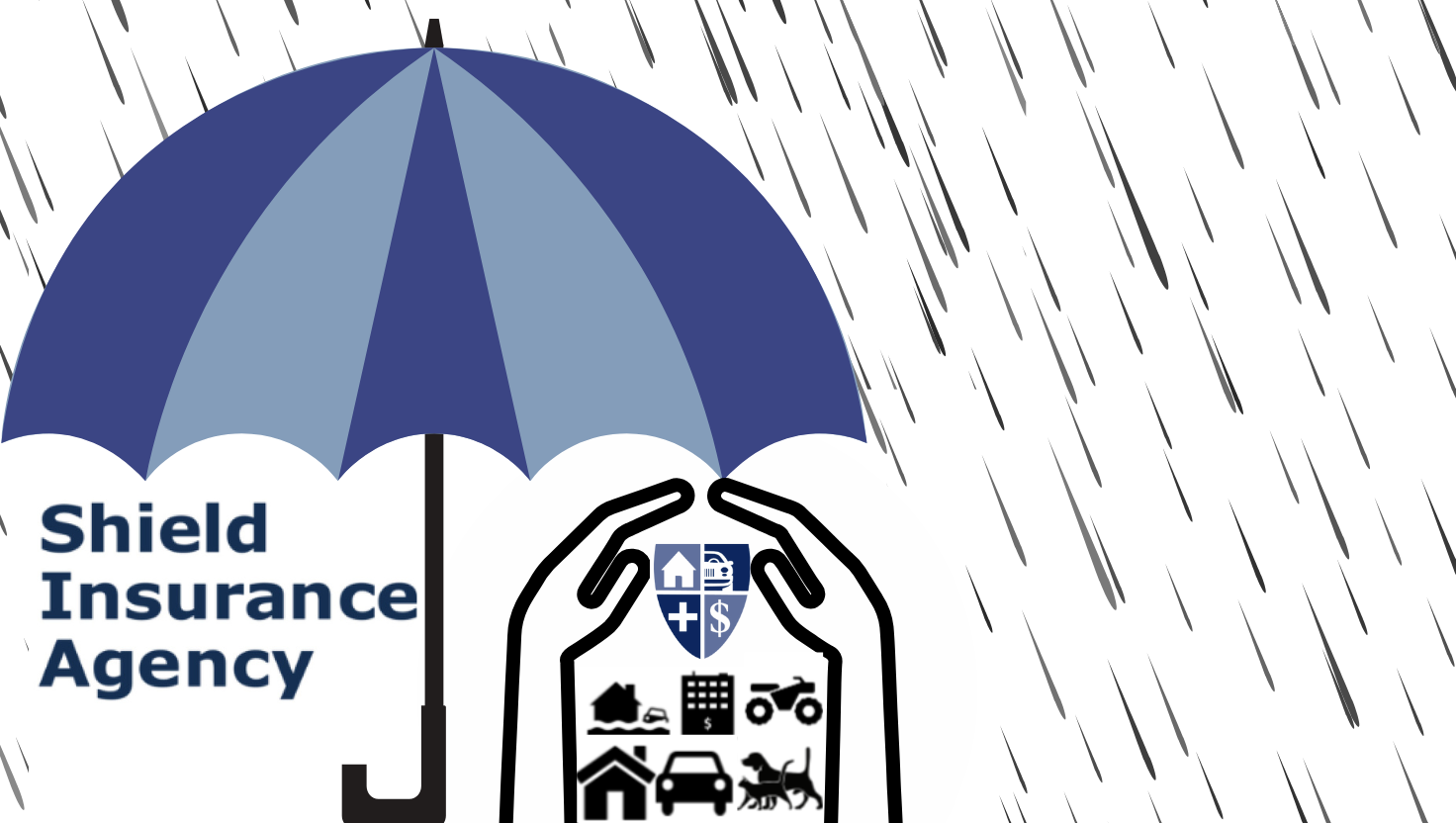
Business Insurance Premium Audit Explained
Shield Insurance Blog | Business Insurance |
What is a premium audit for business insurance?
To begin to understand what a Business Insurance Premium Audit is and why it’s important, let’s take a walk down memory lane.
When you first set up your commercial insurance policy or the last time you completed a business insurance review with your agent, you may remember your agent asking you to predict certain things your business might experience in the coming year, such as the makeup of your workforce or annual revenue.
This prediction or estimate is an important part of the process to insure your business. It helps set a price, or premium cost, for your commercial insurance policy so you are paying an adequate amount for your business’s unique needs.
Later on, your insurance company, in conjunction with TJ, your agent at Shield, will check how close the prediction was to the business you actually had for that policy year. This is a premium audit. A premium audit is performed regularly by your insurance company to determine the correct premium (i.e. cost) for your business insurance.
Why does business insurance have premium audits?
Unlike personal insurance policies for a car or home, which have more stable and predictable changes in property value and risks, a business is very dynamic. Its income, operations, and risk levels can change all the time, and sometimes in unpredictable ways.
Commercial insurance can cover a business’s physical location and property as well as its liability. Physical location and property can be more predictable to insure. However, business liability tends to be impacted by a business’s growth or shrinking, which is more unpredictable. As a business grows or shrinks, it increases or decreases the chances that the business could be liable to others.
This means that parts of your commercial insurance policy are built to change with the ebbs and flows of your business.
How does a premium audit affect my insurance costs?
During a premium audit, if your business grew more than the amount estimated, the resulting increase in things like sales and payroll means your insurance premium will likely increase.
The same is true in reverse. If your business saw a reduction in business from the policy estimate, you will likely see a reduction in your premium cost.
When an insurance company performs a premium audit, it is looking for accuracy — for both the insured business and the insurance company.
Here’s why: The insurance company needs accurate information to determine things like claims reserve calculations and ratemaking. When the insurance company collects accurate data from its commercial policyholders, it leads to a more financially sound insurance company.
Accurate data also leads to a fundamentally more sound insurance system overall since the premium data collected by insurance companies is reported to the Insurance Services Office (ISO), the National Council on Compensation Insurance (NCCI), and state government entities, who then use the data to provide guidance, rules and regulations back to insurance companies.
Your data is an important part of the whole commercial insurance system!
How can my business prepare for a premium audit?
Keeping organized business records is the best way to be ready for a review of your business insurance. When properly kept and provided to the auditor, these records can help keep your insurance cost in line with your actual business needs and may even allow you to take advantage of exclusions or lower rates.
The following bookkeeping practices can help you prepare:
- Payroll records – Track and show actual payroll by type of work for each employee and business owner. Track overtime, severance and other payroll items.
- Subcontractor records – Use insured subcontractors when possible. Request and keep a copy of their Certificates of Insurance. Track and show payments by type of work.
- Sales records (e.g., income statements) – Track and show sales by product. Track sales by customer, returns and other sales items.
You can also speak with your independent insurance agent commercial business specialist, TJ Simmons, to learn more about the premium audit, how it may affect your premium cost and steps you can take now to prepare for it.
This article is for informational and suggestion purposes only. If the policy coverage descriptions in this article conflict with the language in the policy, the language in the policy apply.



















































